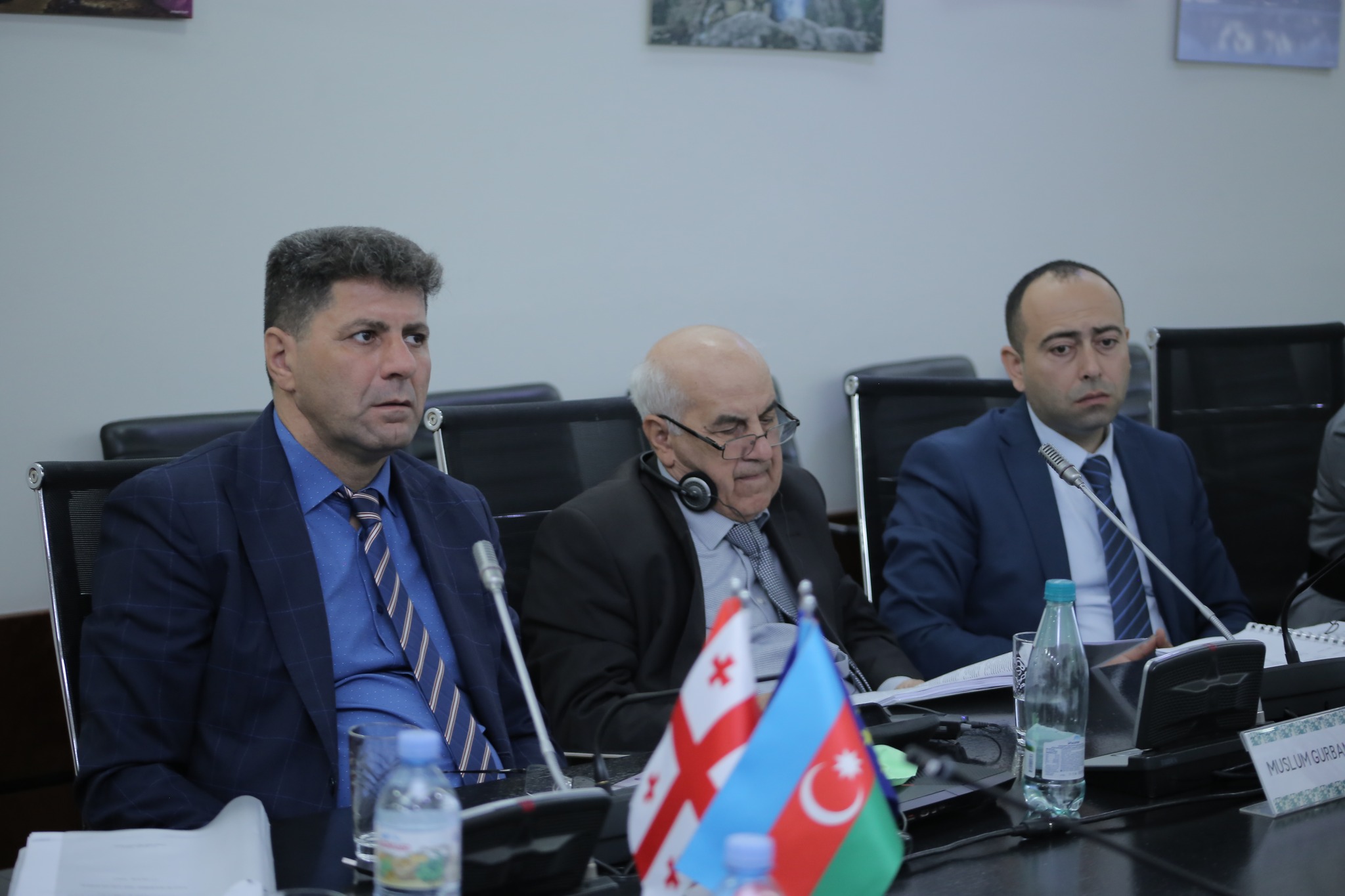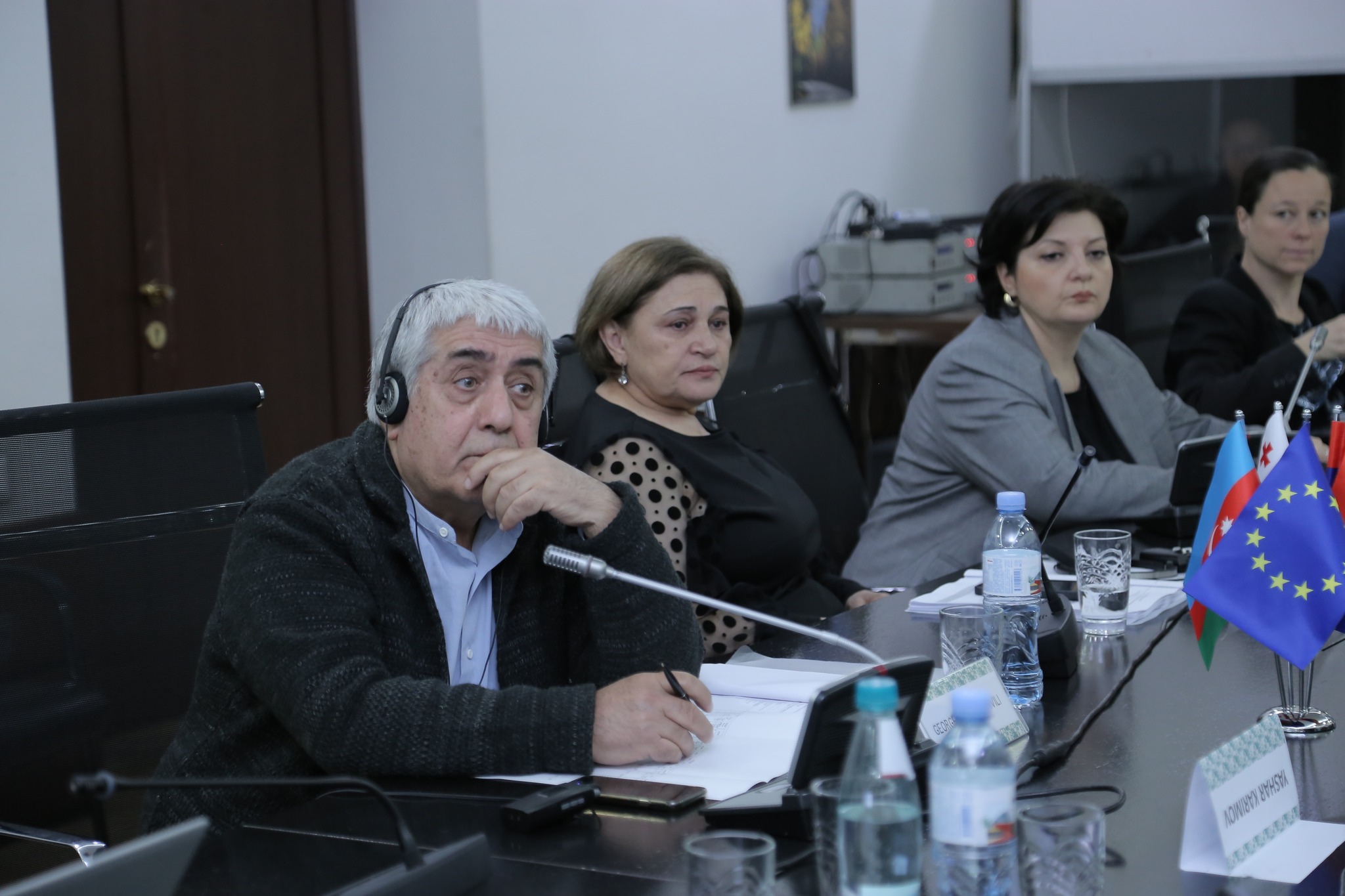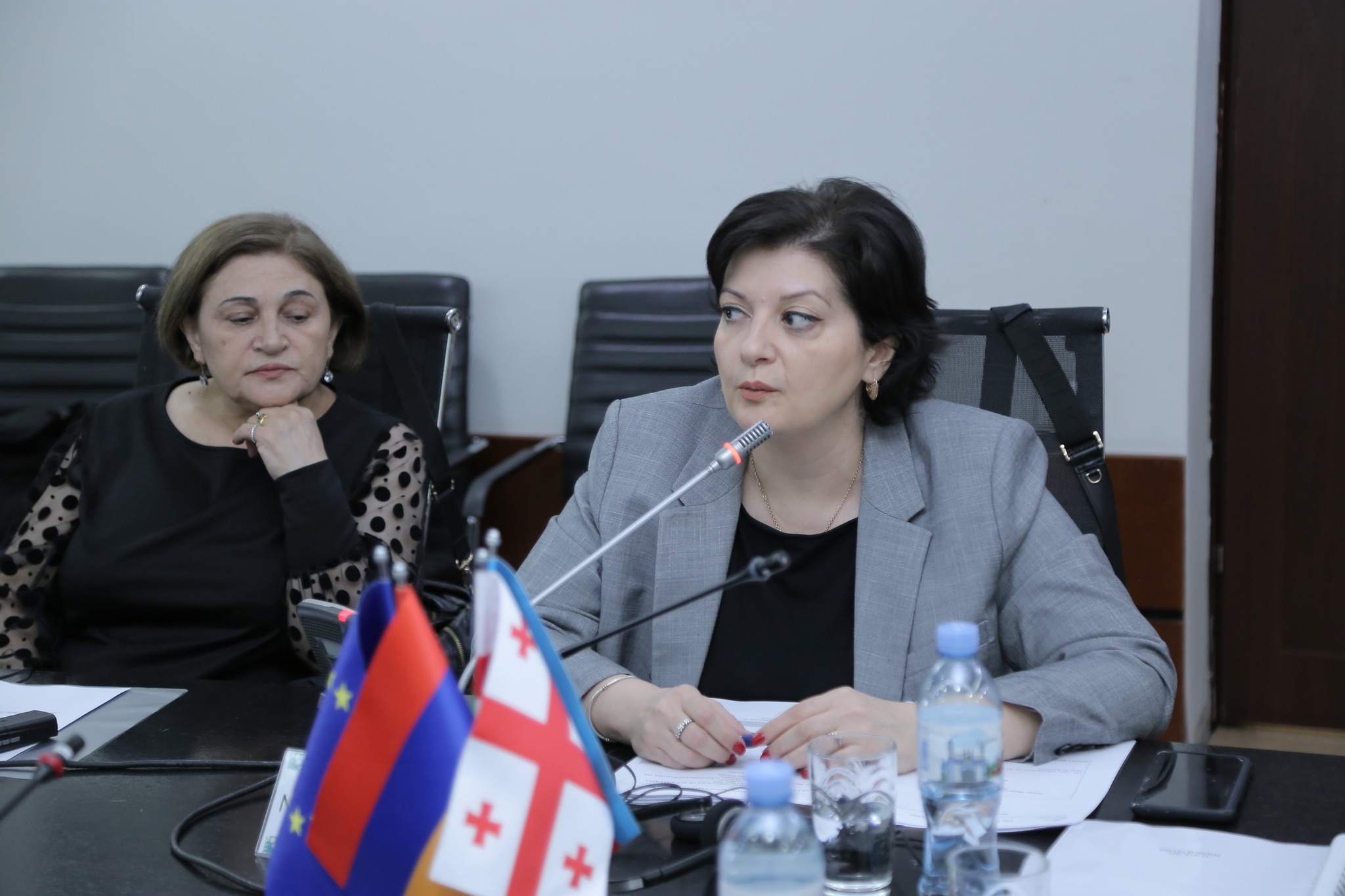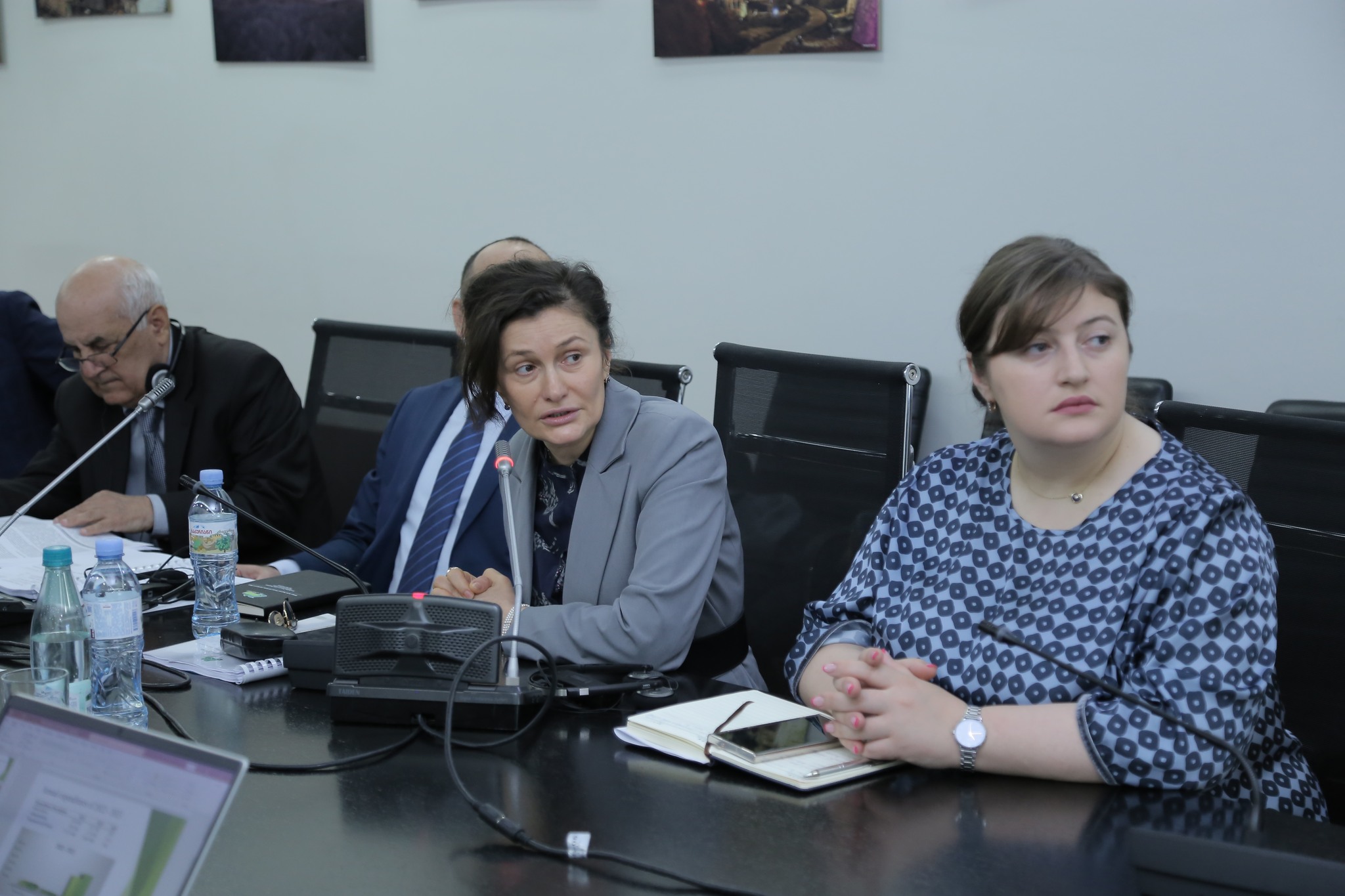News
გარემოს დაცვის და სოფლის მეურნეობის სამინისტროში კავკასიის რეგიონული გარემოსდაცვითი ცენტრის დამფუძნებელთა სხდომა გაიმართა
დამფუძნებელთა სხდომა მისასალმებელი სიტყვით გარემოს დაცვის და სოფლის მეურნეობის მინისტრის მოადგილემ კახა კაკაბაძემ გახსნა.
მინისტრის მოადგილის განცხადებით, კავკასიის რეგიონული გარემოსდაცვითი ცენტრი დაარსების დღიდან გარემოს დაცვით მიმართულებით არაერთ მნიშვნელოვან პროექტს ახორციელებს, როგორც ადგილობრივ, ისე საერთაშორისო დონეზე.
„საქართველოსთვის ერთ-ერთი მთავარი პრიორიტეტი კავკასიის რეგიონში მშვიდობა და სტაბილურობაა. კავკასიის რეგიონული გარემოსდაცვითი ცენტრი გამოხატავს ქვეყნების მზაობას გარემოსდაცვით საკითხებში აქტიური თანამშრომლობისა და რეგიონული მიდგომების დასანერგად,“ - აღნიშნა კახა კაკაბაძემ.
ევროკავშირის წარმომადგენლობის თანამშრომლობის უფროსის მოვალეობის შემსრულებელმა კატალინ გერმანმა ხაზი გაუსვა გარემოს დაცვის და მდგრადი განვითარების მიმართულებით, 2022 წელს, კავკასიის რეგიონული გარემოსდაცვითი ცენტრის საქმიანობის მნიშვნელობას.
„ჩვენ მხარს ვუჭერთ კავკასიის რეგიონული გარემოსდაცვითი ცენტრის ხედვას - ეროვნულ და რეგიონულ დონეზე აქტიურად დაუპირისპირდეს გარემოსდაცვით გამოწვევებს და გააქტიუროს ნარჩენების მართვის, ცირკულარული ეკონომიკისა და კლიმატის ცვლილების კუთხით მუშაობა,“ - აღნიშნა კატალინ გერმანმა.
გარემოს დაცვისა და სოფლის მეურნეობის სამინისტროში გამართულ შეხვედრაზე მხარეებმა განიხილეს REC Caucasus-ის განახლებული რეგიონული სტრატეგია; გაეროს 2030 წლის მდგრადი განვითარების მიზნების, როგორც ეროვნულ, ისე რეგიონულ დონეზე, მისაღწევად, ცენტრის როლის გააქტიურების საკითხი; REC Caucasus-ის, როგორც მაკოორდინირებელი ორგანიზაციის პოტენციალი მტკვრის აუზის წყლის რაოდენობრივი და ხარისხობრივი ტრანსსასაზღვრო პრობლემების მოგვარების საქმეში საქართველოს, სომხეთისა და აზერბაიჯანის ჩართულობის გასაზრდელად; ევროკავშირის წყლის ჩარჩო დირექტივის განხორციელების მიმართულებით ცენტრის აქტიური საქმიანობა; პოლიტიკის და კანონმდებლობის გაუმჯობესების მიზნით, კავკასიის რეგიონულ გარემოსდაცვით ცენტრთან მჭიდრო თანამშრომლობის საჭიროება; რეგიონული და ორმხრივი მოლაპარაკებების დროს, ცენტრის, როგორც ფასილიტატორის როლი დონორი ორგანიზაციების მოსაზიდად; კლიმატის ცვლილებების კუთხით თანამშრომლობის აუცილებლობა, რაც ამ მიმართულებით ადაპტაციისა და მიტიგაციის პროცესებს შეუწყობს ხელს.



